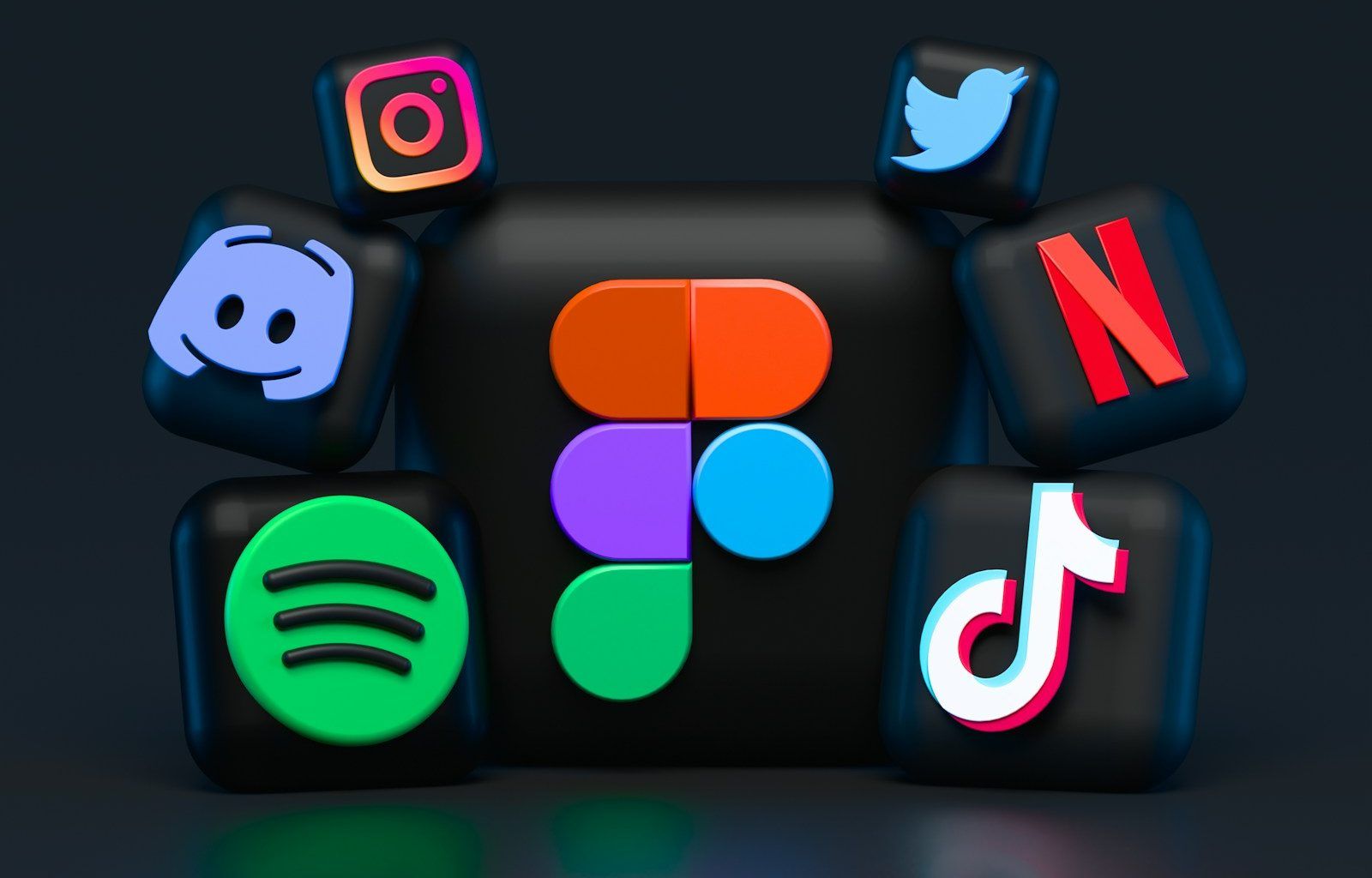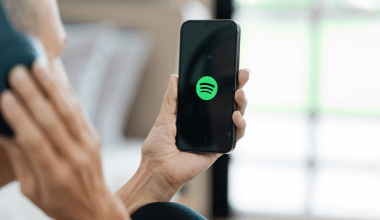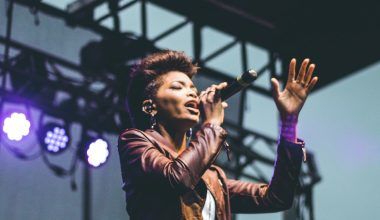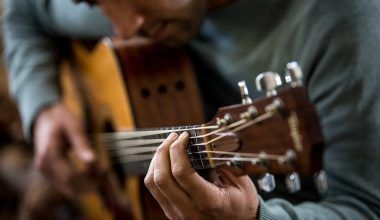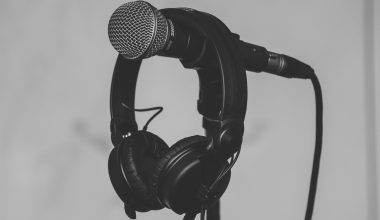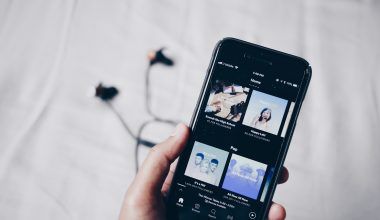Social media has revolutionized countless industries, but one of its most remarkable impacts is on the world of music. From budding artists to global superstars, musicians today rely heavily on platforms like Instagram, TikTok, and Spotify to create, share, and connect. With every like, share, and comment, social media is shaping the way we experience music, creating a harmony between artists and fans that was unimaginable just a decade ago.
In this blog, we’ll explore how social media and music intertwine, discussing the benefits, challenges, and future possibilities. Whether you’re a music lover, an artist, or just someone curious about the digital world, this journey through the evolution of music in the social media age will strike a chord.
The Evolution of Music Promotion: From Flyers to Feeds
Back in the day, promoting music meant handing out flyers, printing posters, and hoping radio stations would play your song. Fast forward to today, and promotion is as simple as uploading a 15-second video. Social media platforms like TikTok have turned unknown tracks into global hits overnight. Who could have imagined that a catchy chorus paired with a viral dance challenge could bring millions of streams?
Artists now use Instagram stories to tease new releases, Twitter to connect with fans, and YouTube to share behind-the-scenes moments. This direct connection not only makes fans feel closer to their favorite artists but also gives musicians real-time feedback. The gap between creators and their audience is shrinking, making the music experience more interactive and personal than ever before.
The Rise of TikTok: A Game Changer for Music
TikTok deserves its own section when discussing social media’s impact on music. The app has turned everyday users into influencers and unknown songs into chart-topping hits. Tracks like Lil Nas X’s “Old Town Road” or Olivia Rodrigo’s “drivers license” owe a significant part of their success to TikTok’s viral trends.
Why does TikTok work so well for music? It’s all about bite-sized, shareable content. Users can create videos, lip-syncs, or dances to their favorite tracks, turning songs into cultural moments. The hashtag challenges and trends associated with these songs amplify their reach. For artists, this is a goldmine for organic promotion.
Additionally, TikTok’s algorithm ensures that even lesser-known creators and musicians can gain exposure. This democratizes the music industry, giving everyone a shot at fame.
Instagram and Music: A Visual Symphony
Instagram’s role in the music industry cannot be understated. With features like Instagram Live, Stories, and Reels, musicians have endless ways to engage with their audience. Many artists use Instagram to:
- Share behind-the-scenes moments from tours or recording sessions.
- Host live Q&A sessions to connect with fans.
- Announce new releases with creative visuals.
Instagram’s visual focus allows artists to combine music with storytelling. A well-edited Reel paired with a trending song can capture millions of views. For independent artists, Instagram has become a virtual stage to showcase their talent without needing a massive budget.
Spotify and Streaming Platforms: Bridging Social Media and Music
Spotify isn’t just a music streaming platform; it’s a social space. With features like playlists, song sharing, and “Spotify Wrapped,” the platform encourages social interaction around music. Artists can use Spotify’s data to understand their audience better and tailor their content accordingly.
Playlists have become a key part of music discovery. Many users find their next favorite artist through curated lists like “Discover Weekly.” Sharing these playlists on social media creates a loop of discovery and sharing. Platforms like Spotify and Apple Music are making music more accessible and social than ever before.
Challenges Musicians Face in the Social Media Era
While social media offers numerous benefits, it’s not without its challenges:
- Oversaturation: With millions of artists vying for attention, standing out can be tough. It’s no longer enough to just have talent; musicians need to master marketing too.
- Pressure to Stay Relevant: Social media’s fast-paced nature means artists must constantly create content to stay in the spotlight. This can be mentally exhausting.
- Criticism and Trolls: The direct connection with fans also opens the door to negativity. Artists often face harsh criticism online, which can affect their mental health.
Despite these hurdles, many musicians agree that the benefits of social media far outweigh the challenges. The key is finding a balance and using these platforms strategically.
Building Communities Through Social Media and Music
One of the most beautiful aspects of the relationship between social media and music is the sense of community it fosters. Fan pages, online groups, and live events organized through platforms like Facebook or Discord create spaces where people connect over shared musical interests.
For artists, these communities offer invaluable support. Fans rally behind their favorite musicians, promoting their work and even defending them during controversies. This collective energy can drive an artist’s career to new heights.
How Social Media is Reshaping Music Genres
Social media has blurred the lines between music genres. Collaborations between artists from different styles have become more common, partly because of social media’s ability to expose audiences to diverse music. For example:
- A pop artist collaborating with a hip-hop producer.
- A classical musician gaining popularity on TikTok through creative covers.
These crossovers showcase the endless possibilities social media offers for creativity.
The Future of Music in the Digital Age
As technology evolves, so will the relationship between social media and music. Virtual reality concerts, AI-generated music, and personalized playlists are just a few glimpses of what’s to come. Social media will undoubtedly continue to play a central role in shaping these trends.
Moreover, platforms may integrate more music-centric features, making it easier for artists to monetize their content and for fans to support their favorite musicians directly.
Conclusion
Social media and music are a match made in digital heaven. Together, they’ve created a dynamic, ever-changing landscape that empowers artists and engages fans like never before. Whether it’s a viral TikTok challenge, an intimate Instagram Live session, or a shared Spotify playlist, the bond between music and social media continues to deepen.
Related Articles:
For further reading, explore these related articles:
- How to Cancel SoundCloud Go: A Step-by-Step Guide
- Apple Music Stats Tracker: Why You Need One and How to Get Started
For additional resources on music marketing and distribution, visit DMT Records Private Limited.
